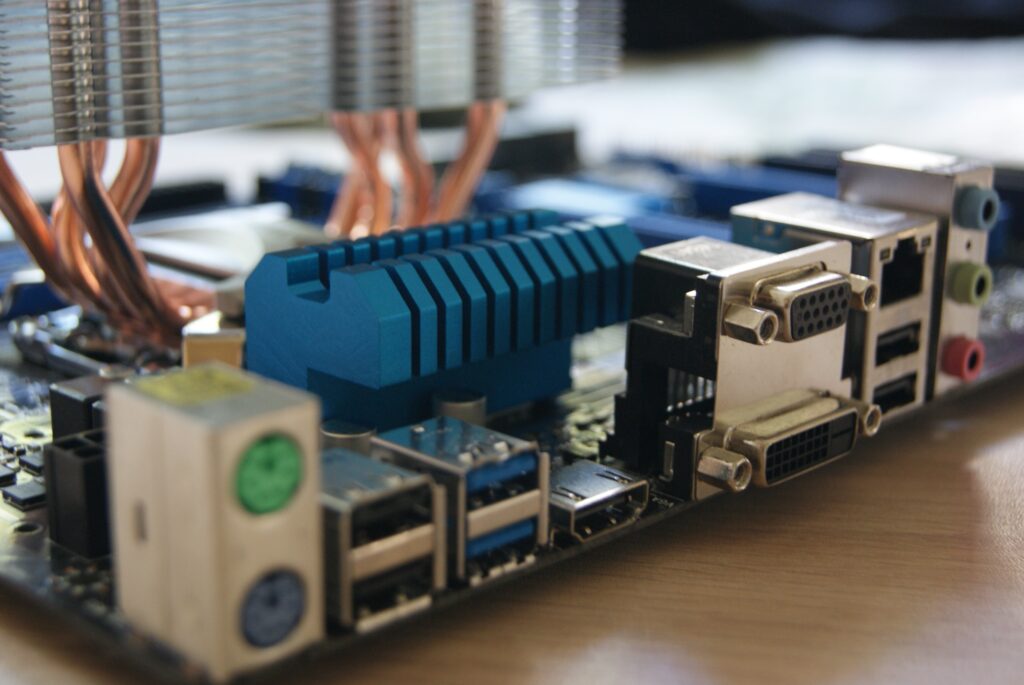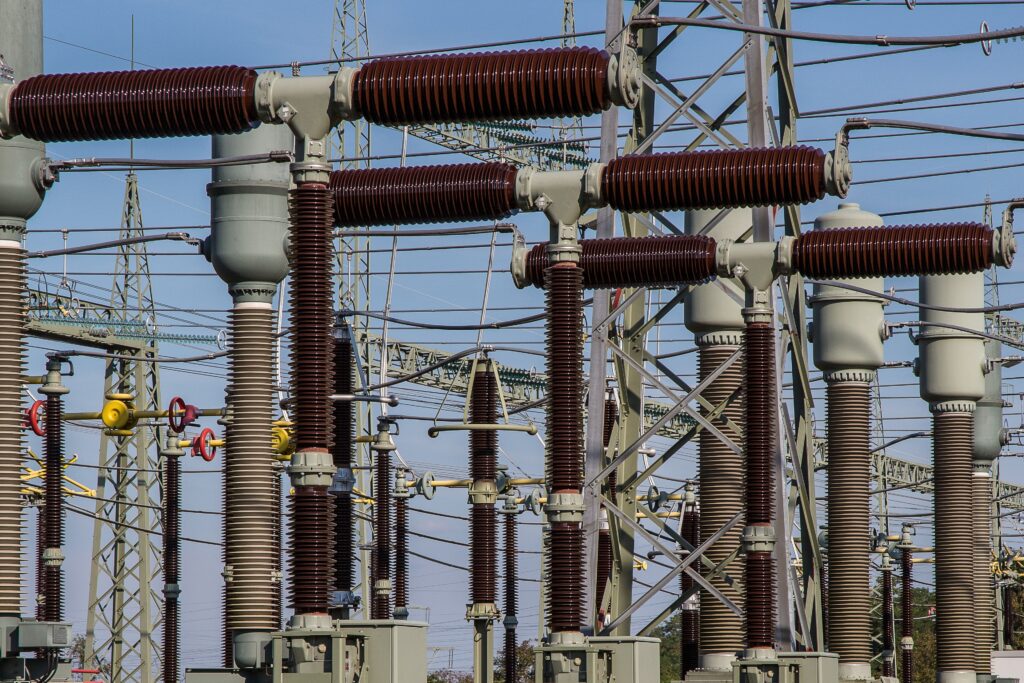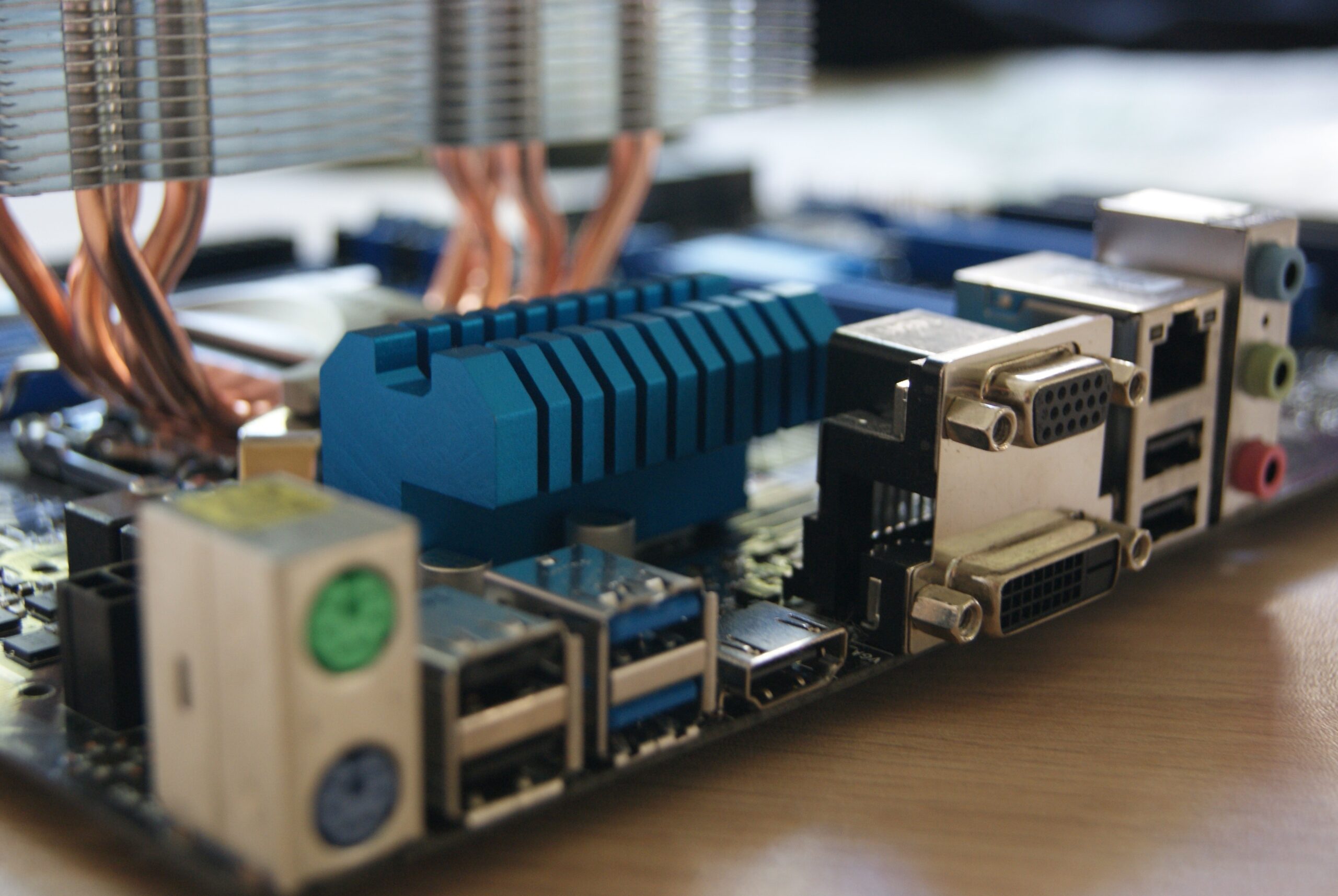It is essential to understand the electricity and power usage of your PC to make informed decisions when selecting specific components for your computer.
It’s interesting to think about the devices which consume a majority of your household electricity – for example, washing machines, air conditioners, and microwave ovens. However, you might not realize that one particular device uses a significant amount of power – your personal computer. Here a question arises: Is there any difference between gaming PC power consumption and that of other PCs?

Gaming computers require significant power- typically between 300 and 500 watts. This translates to up to 1400 kilowatt hours annually, which is six times higher than the energy consumption of a laptop. However, this figure can vary depending on various factors, such as the hardware and software installed and usage frequency.
Do gaming computers use more electricity?
A gaming computer, as opposed to a general-purpose laptop, requires significantly more energy to run. According to data from the Energy Saving Trust, gaming PCs require almost six times as much electricity as standard laptops. Aside from this difference in power requirements, many other factors must be considered when purchasing a gamer’s machine- for example, form factor and graphics specifications.
According to Greening the Beast — a project spearheaded by retired desktop manufacturer Nathan Mills and former scientist Evans Mills -, the typical gaming PC consumes around 1400 kWh of electricity each year. This energy can power up three refrigerators, six conventional desktop computers, or ten gaming consoles.

Gaming computers are a relatively small portion of the global installed PC equipment database, but they account for an estimated 75 billion kWh of electrical consumption annually. A gaming console, notebook, and desktop computer require 20% of the energy needed to run for one year. At this level of consumption, it would require up to $10 billion in energy expenditure to power 25 electric power plants.
How much energy does a gaming PC use per hour?
A variety of factors can affect the amount of power your computer uses, such as the hardware and software it’s running on, how often you use it, and what types of activities are being performed.
A PC that’s always used for cryptocurrency mining will require more power than one that is only turned on once per day and used for browsing or checking emails.
A PC with energy-efficient gear and settings can reduce power consumption while maintaining performance. This is an important trend as the world increasingly requires more powerful laptops, but without increasing environmental impact or spending extra money.
An example of this is the fact that a computer with an HDD will use up to four times more watts than one with an SSD of equal size. Higher-specification components, such as a bigger RAM and more cores, can reduce the amount of power your computer needs. Additionally, having an integrated video card or a lower-frequency graphics card will also save on energy consumption.
One example of a product that requires more energy to operate is a gaming PC. In particular, the GPU on these systems tends to be much more powerful than those found in regular computers, necessitating greater power consumption.
When gaming on a standard PC, an average user will require around 300 to 500 watts of power. However, this increases dramatically when gamers are engaged in VR activities – up to 600 watts or more is often necessary for optimum performance.
Which PC parts use the most power?
In order to function, the computer requires a great deal of power and uses the highest amount of electricity available. If you own a high-performance gaming PC with multiple graphics cards, your device will require more power than if you only have one or two GPUs. Like your computer’s processor, the chip in your PC is constantly working. Chron reports that it performs billions of calculations per second.
Some components of your PC, such as its RAM, fans, case lighting, hard disk drives, and solid-state drives, require power to function. However, in smaller amounts than other parts. Peripherals, like mice and keyboards, use some of the power that your computer has. Peripheral devices, such as USB chargers and speakers, don’t require a lot of electricity to function. On average, they use less than 0.5 Watts of power.
The following table displays the power usage by the primary components of a gaming computer:
| Components | Power Usage |
| CPU | 55-150 Watts |
| Motherboard | 25-100 Watts |
| Power Supply Units | 130-600 Watts |
| GPU | 25 – 350 Watts |
| Hard Disk | 0.7 – 9 Watts |
| Solid-state Drive | 0.6 – 3 Watts |
| Optical Drive | 15-27 Watts |
Ways to reduce your gaming PC’s power usage:
If you’re interested in reducing the amount of electricity your gaming computer uses, there are a few things you can do. To save you time, we’ve gathered some of the most experienced gamers’ recommendations. These individuals have plenty of experience playing video games and may be able to provide helpful tips for you. To achieve that goal, you should:
1. Unplug External Devices
Having external devices plugged into your PC can increase its energy consumption. This is because those devices are still using power even when the computer is not actively interacting with them. It is always advisable to disconnect external devices such as speakers, printers, and hard drives from your personal computer when not in use. Doing so will help to conserve energy and protect your system against potential damage.
2. Use an energy-efficient monitor
Attempting to reduce power usage while maintaining the use of a CRT monitor is not advisable. It can actually backfire and make your PC work harder than necessary by using up additional energy. Instead, switch to an LCD screen – which uses considerably less power – when possible. It has been noted that an LCD screen requires only 30 watts of power while a CRT (cathode ray tube) demands 100 watts. This is more than three times the amount required by an LCD!
3. Close background programs
Running background programs, such as virus scanners and backup software, consume more RAM and require the processor to work harder. This increase in workload results in increased energy consumption on your computer system and an elevated rate of heat generation. It is important to determine which tasks are running on your computer by looking in the Task Manager and exiting any background programs you’re not using currently.
4. Upgrade to more energy-efficient components
PC manufacturers, such as Nvidia, Asus, and AMD, frequently release upgraded versions of their products. This allows consumers to have the latest technology available. To conserve energy, we recommend that you regularly check for updates and determine if they are appropriate for your gaming needs. These newer components typically require less power than the previous versions did. If your computer’s power supply is old, it may not be able to provide the level of energy required by the device. This can lead to unnecessary waste of energy and decreased performance on your computer.
5. Storage Updation from HDD to SSD
Upgrading your hard drive from an HDD to an SSD can significantly reduce the power consumption of your computer. A 1 TB HDD typically requires 10 Watts of power, while a similarly-sized SSD consumes only 5.5 watts – making the latter a more cost-effective option.
FAQ:
Do computer games use a lot of electricity?
Numerous studies have concluded that gaming PCs use an average of 1,400 kWh per year–equivalent to the usage of three refrigerators or the energy used by six standard computer systems.
Does a gaming PC use more electricity than a fridge?
Gaming PCs are relatively powerful devices, and as such, they can require a significant amount of energy to run. On average, the power consumption of a single gaming PC is equivalent to that of 10 game consoles, 6 conventional desktop computers, or 3 refrigerators. This cost may be prohibitive for some people depending on local energy prices.
How can I save electricity on my gaming PC?
Sometimes it is necessary to underclock a CPU to conserve energy when performing light tasks, such as working or browsing the internet. When overclocking, use high-end CPUs only for activities that require more power, such as gaming. For everyday computing (such as using Microsoft Word), opt for an SSD over an HDD. While HDDs don’t consume much power by themselves, they are less efficient when used with slower devices like computers equipped with older processors.
How much electricity does a gaming PC use when idle?
There are many ways to save energy when using a computer, one of which is simply turning off your PC when it’s not in use. CNET Labs recently tested the energy consumption of various desktop and laptop configurations and found that on average, a mainstream desktop uses around 100 watts while idle. Under heavy usage, this number can jump up to 145 watts.
Conclusion:
Despite your gaming PC’s high electricity consumption, don’t give up on your newfound hobby.
If you’re an experienced gamer and are professional at it, that should motivate you to plan for ways to reduce your electricity expenses.
To minimize your PC’s power consumption, follow these tips:
- When working on sensitive or confidential information, it is recommended that you unplug all external devices and disconnect any idle speakers and disk drives from your computer. This will help protect the data contained within it.
- If you’re looking for an energy-efficient monitor, your best bet is to go with an LCD or LED panel.
- Depending on how long the computer will be idle, you can use sleep or hibernate features.
To reduce the processor’s workload, exit all background programs.

